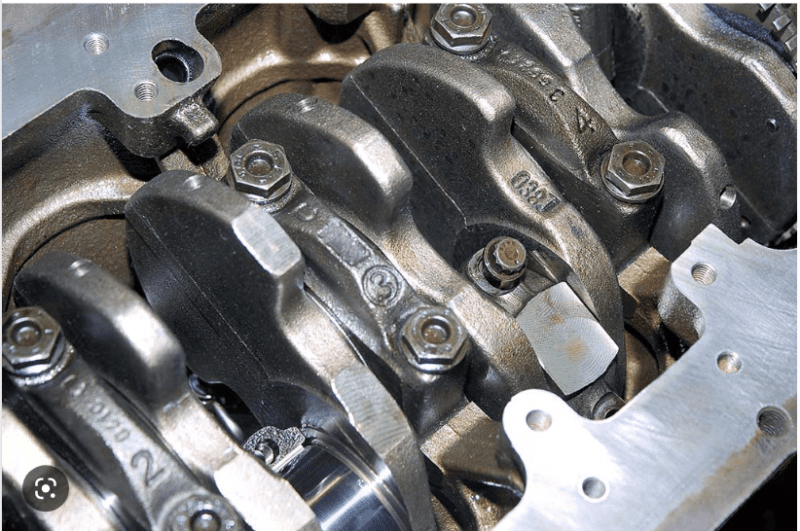
The GM 2.7 Turbo engine is currently used in several popular vehicles, including:
- Chevrolet Silverado 1500
- GMC Sierra 1500
- Cadillac CT4
- Cadillac CT5
- Chevrolet Traverse (2022 model year and later)
- GMC Acadia (2022 model year and later)
- Buick Enclave (2022 model year and later)

Top 10 Troublesome Issues:

Here are 10 potential problems with the GM 2.7 Turbo engine that may resonate with US riders
- Thirsty for oil: Some owners have reported that the GM Turbo engine consumes oil at a higher rate, resulting in more frequent oil changes and increased maintenance costs.
- Timing chain trouble: Owners have experienced issues with the timing chain in the GM 2.7 Turbo engine, which can lead to engine misfire, poor performance, and costly engine repairs, affecting the vehicle’s power and performance.
- Turbocharger blues: As a turbocharged engine, the GM 2.7 Turbo engine may encounter problems with the turbocharger, such as failure or reduced performance, resulting in decreased power and lower fuel economy, impacting the thrill of driving.
- Sneaky coolant leaks: Some owners have faced coolant leaks in the GM 2.7 Turbo engine, causing engine overheating and potential damage, leading to expensive repairs and possible vehicle downtime.
- Stubborn carbon buildup: Like many direct-injection engines, the GM Turbo engine can develop carbon buildup on intake valves, leading to reduced performance, rough idling, and other driveability issues, requiring additional maintenance and potential repairs.
- Mischievous engine misfires: Owners have reported engine misfires with the GM 2.7 Turbo engine, resulting in rough running, loss of power, and potential engine damage, affecting the vehicle’s performance and reliability.
- Camshaft position sensor snags: Issues with the camshaft position sensor in the GM 2.7 Turbo engine can disrupt engine timing, performance, and fuel efficiency, potentially leading to decreased power and increased fuel consumption, affecting the vehicle’s performance.
- Electrical gremlins: Electrical problems, including ignition system issues and other electrical component failures, have been reported with the GM 2.7 Turbo engine, leading to starting problems, stalling, and poor engine performance, causing inconvenience and potential repair costs.
- Fuel system fumbles: Some owners have encountered fuel system problems with the GM 2.7 Turbo engine, such as fuel injector issues, fuel pump problems, and fuel pressure regulator malfunctions, resulting in reduced fuel economy, loss of power, and overall engine performance issues, impacting the vehicle’s efficiency and driveability.
- Transmission tantrums: Although not directly related to the engine, some owners have experienced transmission issues in vehicles equipped with the GM 2.7 Turbo engine, including shifting problems, slipping, or even transmission failure, resulting in costly repairs and affecting the vehicle’s reliability and performance.

World’s Most Expensive Cars: Rolls-Royce Boat Tail – TheAutoEngineer.com
It’s important to note that not all GM 2.7 Turbo engines may encounter these problems, and regular maintenance, prompt diagnosis of any symptoms or warning signs, and appropriate repairs can help mitigate the risks and keep your vehicle running smoothly. If you encounter any issues with your GM 2.7 Turbo engine, it’s recommended to consult with a qualified mechanic or contact your GM dealer for proper diagnosis and repairs.
